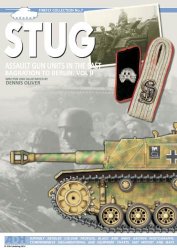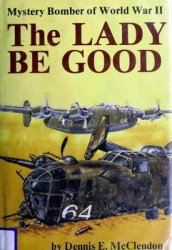Arbiter of sea power in the Pacific War: an American battleship I carrier task force in line-ahead.
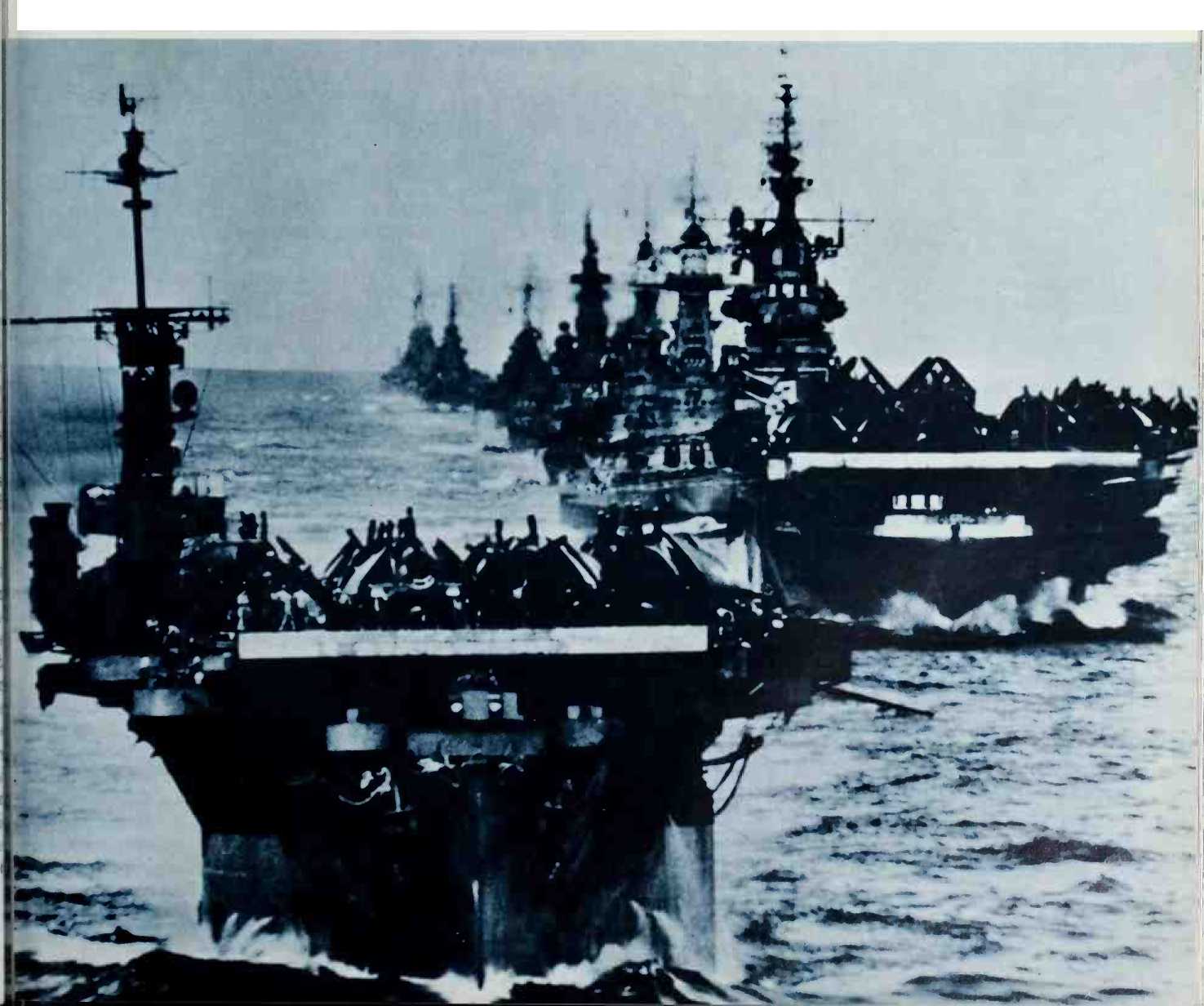
At the turn of the year General Mac-Arthur, not content with the success he had had in denying the enemy access to Port Moresby in New Guinea, had now assumed the initiative which he was to retain until the end of hostilities.
He put his 32nd and 41st Divisions under the command of Lieutenant-General Robert L. Eichelberger and sent two columns over the Owen Stanley range in the direction of Buna on the north coast of Papua. At the same time there were to be airborne and amphibious landings close to the objective. On December 14,1942 Buna fell, but it took General Eichelberger until January 2, 1943 to wipe out the last remnants of resistance.
He was then able to write to MacArthur on that day:
"At 4.30 p. m., I crossed the bridge (from the Island) after 'C’ Company had passed and I saw American troops with their bellies out of the mud and their eyes in the sun circling unafraid around the bunkers. It was one of the grandest sights I have ever seen. . . the 127th Infantry found its soul.”
"Life in the virgin forest was atrocious,” explains Marcel Giuglaris. "Every night trees fell; as the earth shook with the bombing their slender roots gave way and the darkness was filled with the thunder of the forest collapsing about you. There were also the poisonous
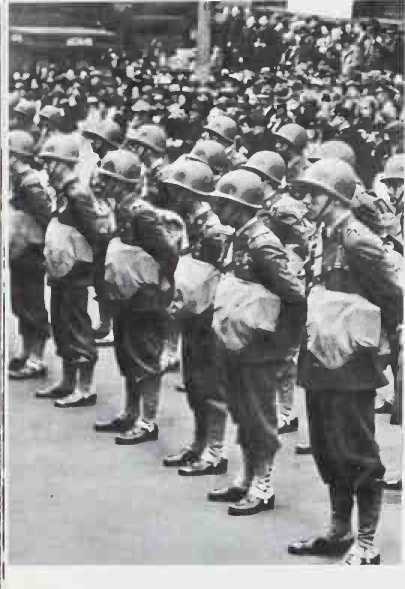
A Spearhead of the American Expeditionary Force: immaculately turned-out troops of the U. S. Army Air Corps parade in Sydney.
V American armour for Australian troops: Grant tanks.
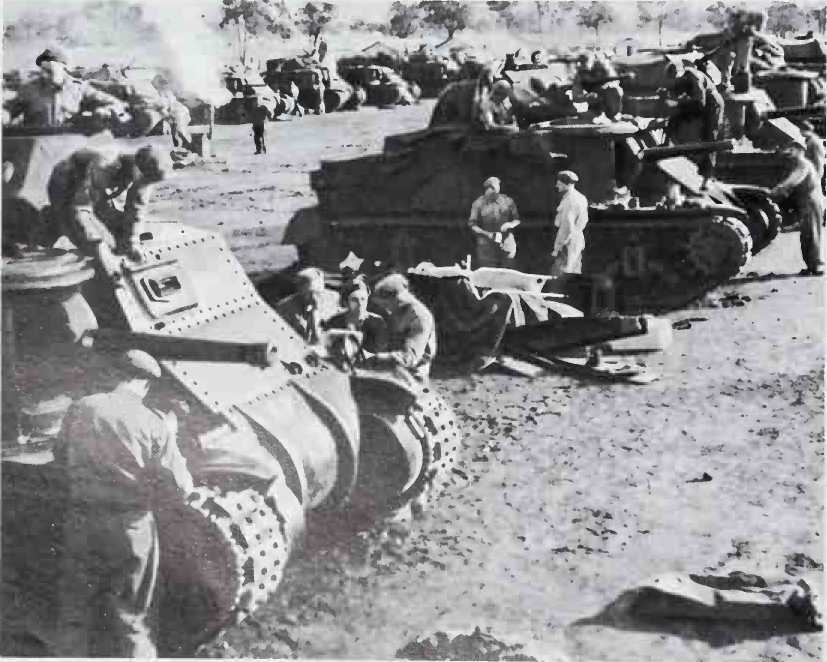
Scorpions whose sting sent you mad, the lack of food, malaria, typhoid, snakes, and nervous illnesses. Fighting in the jungle was equally terrifying, merciless, neither side taking prisoner. The Japanese counter-attacked regularly at night, screaming in Banzai charges. The Americans then changed their tactics: they began to lay the ground waste a hundred square yards at a time. The Japanese were astonished that they were still holding out. Every day the number of dead increased, every man fought until he was killed. The end came when Eichelberger’s Marines had no more men facing them.”




 World History
World History

